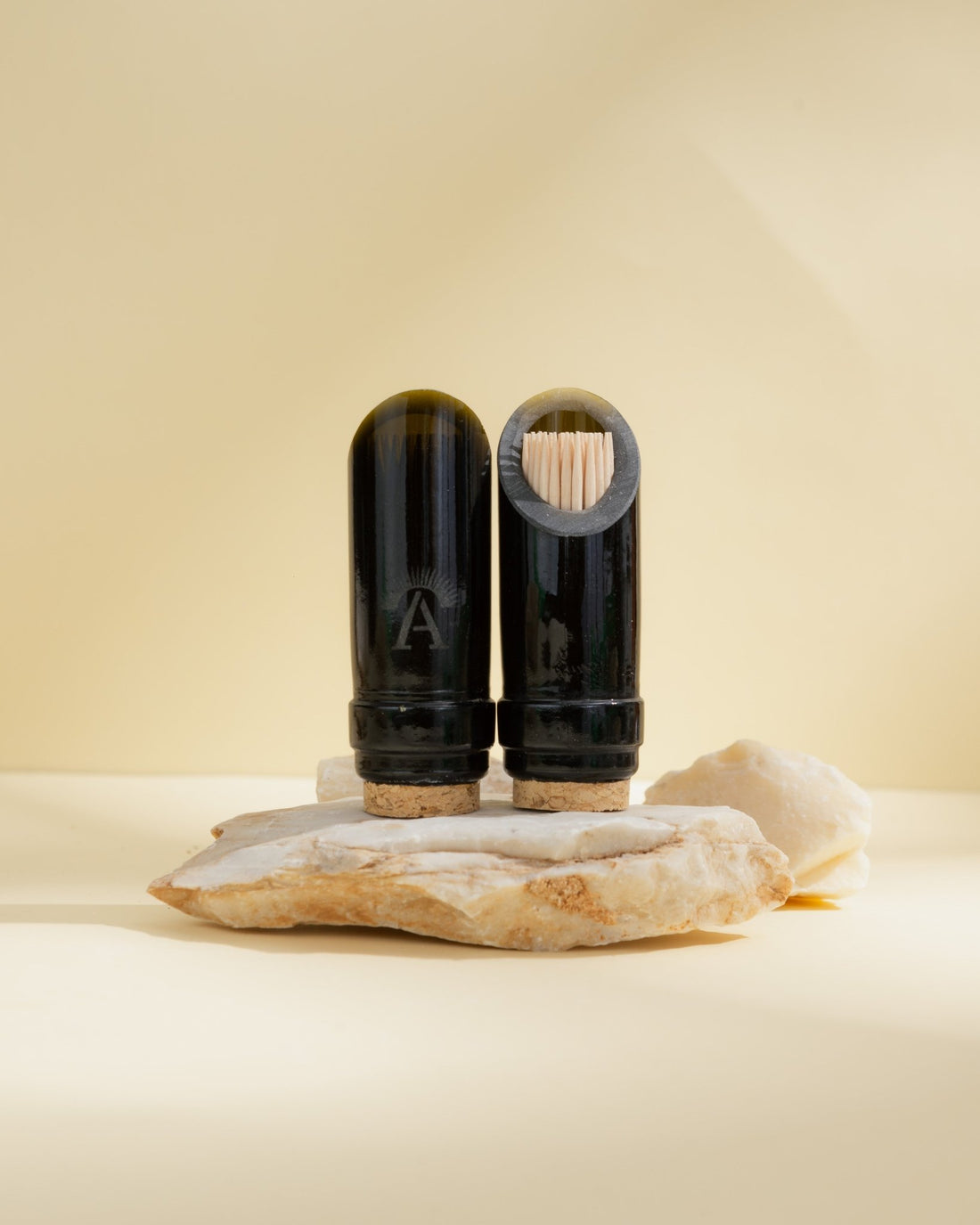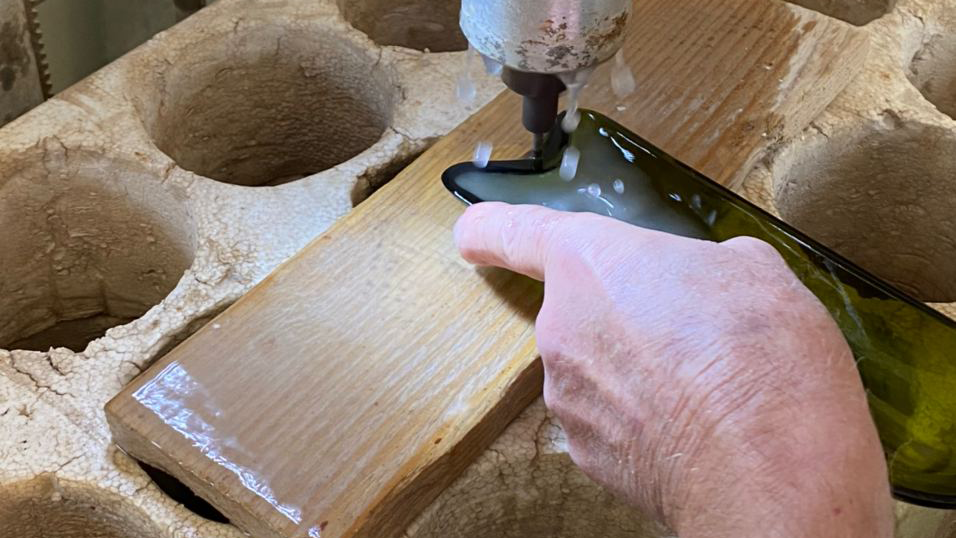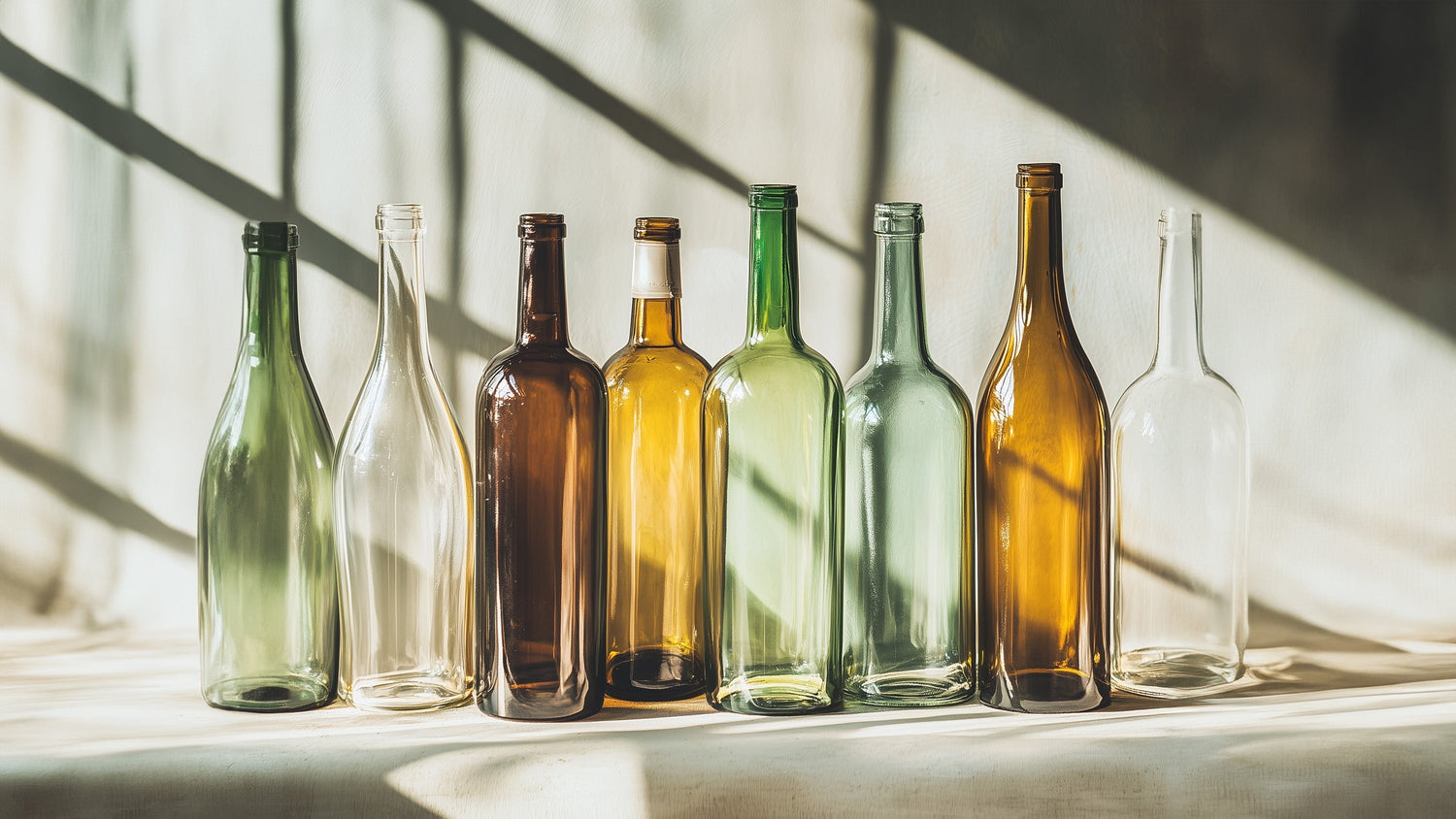Glass and plastic are two materials widely used as packaging , both being guaranteed from a hygienic point of view .
While the use of glass containers has a thousand-year history behind it, in Italy plastic containers began to spread much later , in the 1980s, managing to gain full possession of the market.
Today, however, something is changing: the ever-increasing attention to eco-sustainability is leading consumers to ask themselves which of the two packages is the most suitable for containing the water and food we bring to our tables, both from a environmental and healthy .

In this article we will talk about all the pros and cons of using plastic and glass containers , placing on the scales the reasons why we, lovers of our planet, should choose one rather than the other. Which of the two will be able to win this eco-sustainable challenge ?
The environmental impact of plastic
It is no coincidence that in recent decades plastic has managed to revolutionize the purchasing habits of Italians.
Let's see what the advantages of plastic used as packaging are:
-
lightweight : an empty 1L plastic bottle weighs approximately 26 grams;
-
economic ;
-
unbreakable ;
-
versatile ;
-
offers excellent performance ;
-
it can be easily disposed of after use by crumpling it up and throwing it in the waste bin.
The problems linked to the use of plastic arise later:
-
recycling techniques require a significant energy investment and cause a loss of product quality ;
-
70% of used plastic containers do not undergo separate collection , crowding landfills and marine environments, increasingly invaded by mountains of plastic which are endangering the survival of animal and plant species;
NB: a plastic bottle takes around 7 centuries to completely decompose if thrown into the ground and 4.5 centuries if thrown into the sea!
-
it is made with a synthetic material called PET (polyethylene terephthalate), which releases toxic substances and microplastics after each use. To avoid contamination, it is essential to store plastic containers containing water and food in the dark and away from sudden changes in temperature, and always respect the expiry date shown on the containers;
-
continues to emit greenhouse gases during and after its presence on the market.

The environmental impact of glass
For the conservation of liquid and food substances, glass certainly represents an excellent alternative.
Let's see what the advantages of glass used as packaging are:
-
it is infinitely recyclable without ever losing its quality;
-
it is an inert material : by nature it does not undergo physical, chemical or biological transformations, therefore it does not release harmful substances;
-
it is impermeable to gases ;
-
it keeps better ;
-
it can undergo various reuses : it has no expiry date.
For these reasons we can say that the environmental impact of glass is far lower than that of plastic .
But then why has the use of glass containers been replaced by plastic ones over the years?
Also regarding glass we must consider some cons :
-
greater specific weight : an empty 1L glass bottle weighs around 500 grams, making transport processes complex and expensive;
-
higher cost ;
-
high fusion energy ;
-
fragility of the material;
-
poor quality of the sands used for processing.

Who is the winner of the eco-sustainable challenge?
This environmental sustainability challenge in which glass packaging competes with plastic packaging has not yet found a definitive winner .
If we consider the production cycle of materials , the manufacture of plastic requires significantly less energy expenditure than that necessary for the manufacture of glass .
However, if we consider disposal at the end of its life cycle , in just a few years plastic has caused and is causing very serious damage to the environment , polluting the air, soil, rivers, lakes and oceans.
Currently it seems that glass, thanks to the effectiveness of its recycling , represents the best choice to give us a cleaner world .
Thank you for reading this article, we hope it was useful to you. If you are looking for other curiosities about the world of glass, visit our blog. If you want to buy recovered glass products and support a 100% eco-sustainable company, take a look at the products in our shop .
Article by Sofia Tamborra


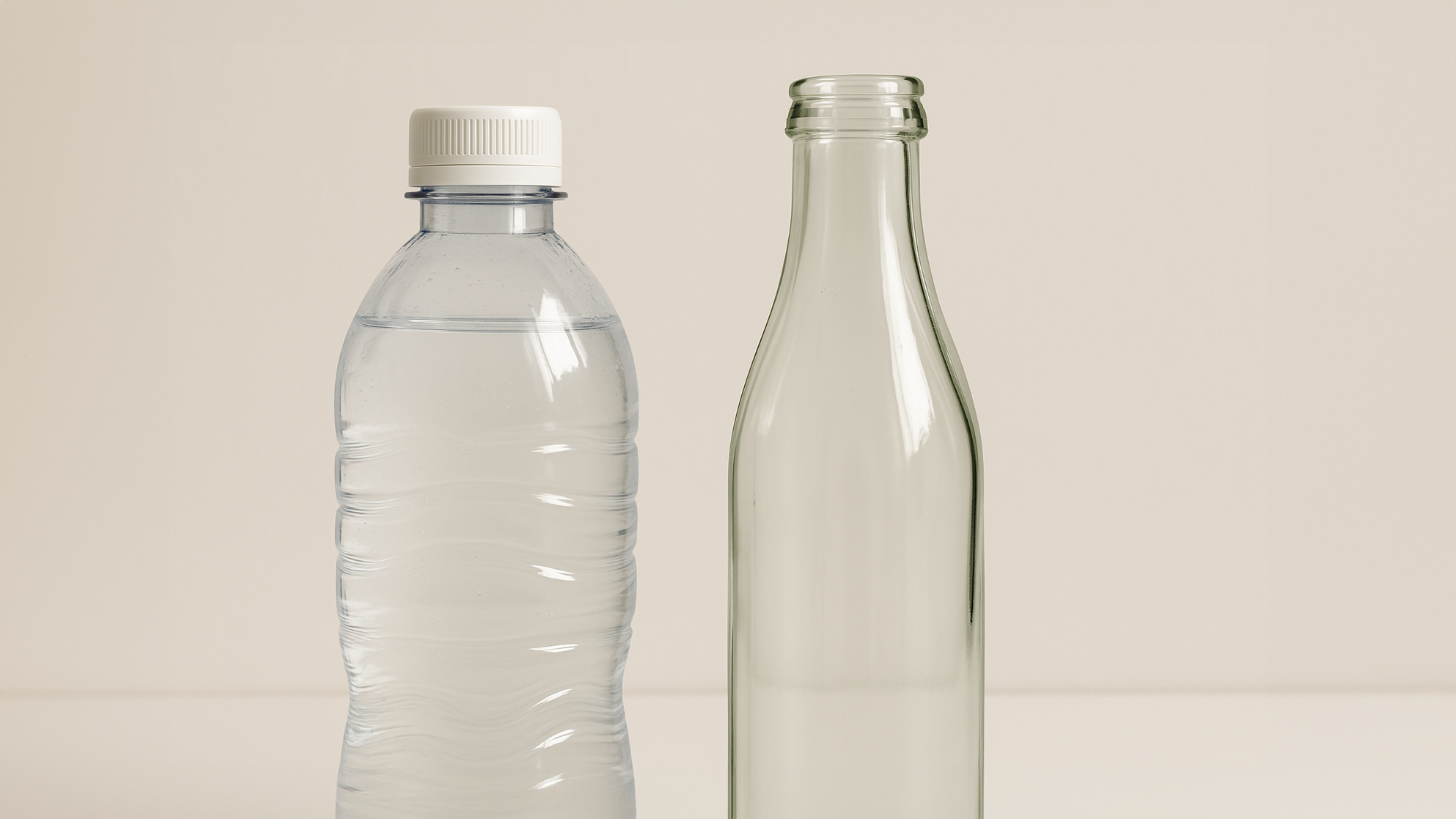
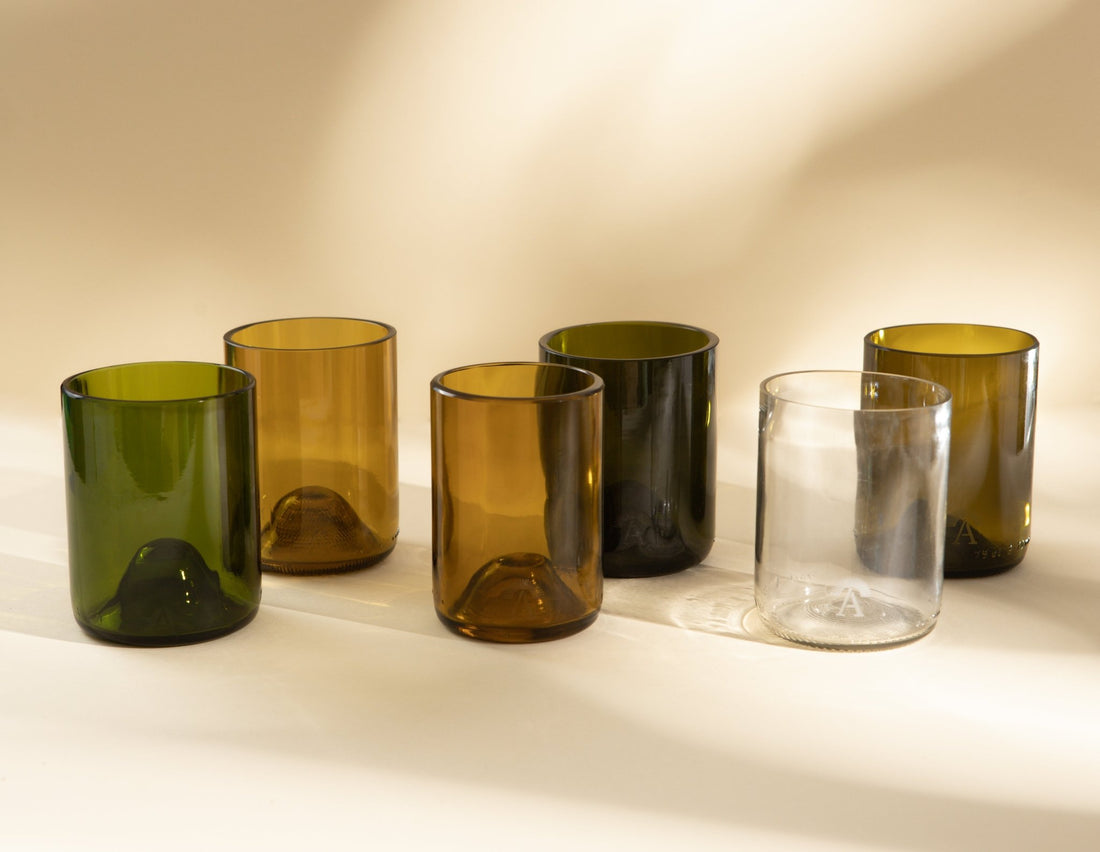
![Vassoio con Collo di Vetro Riciclato [Lav. Lucida]](http://amarzo.com/cdn/shop/products/vassoio-con-collo-125288.jpg?v=1699712421&width=1100)

